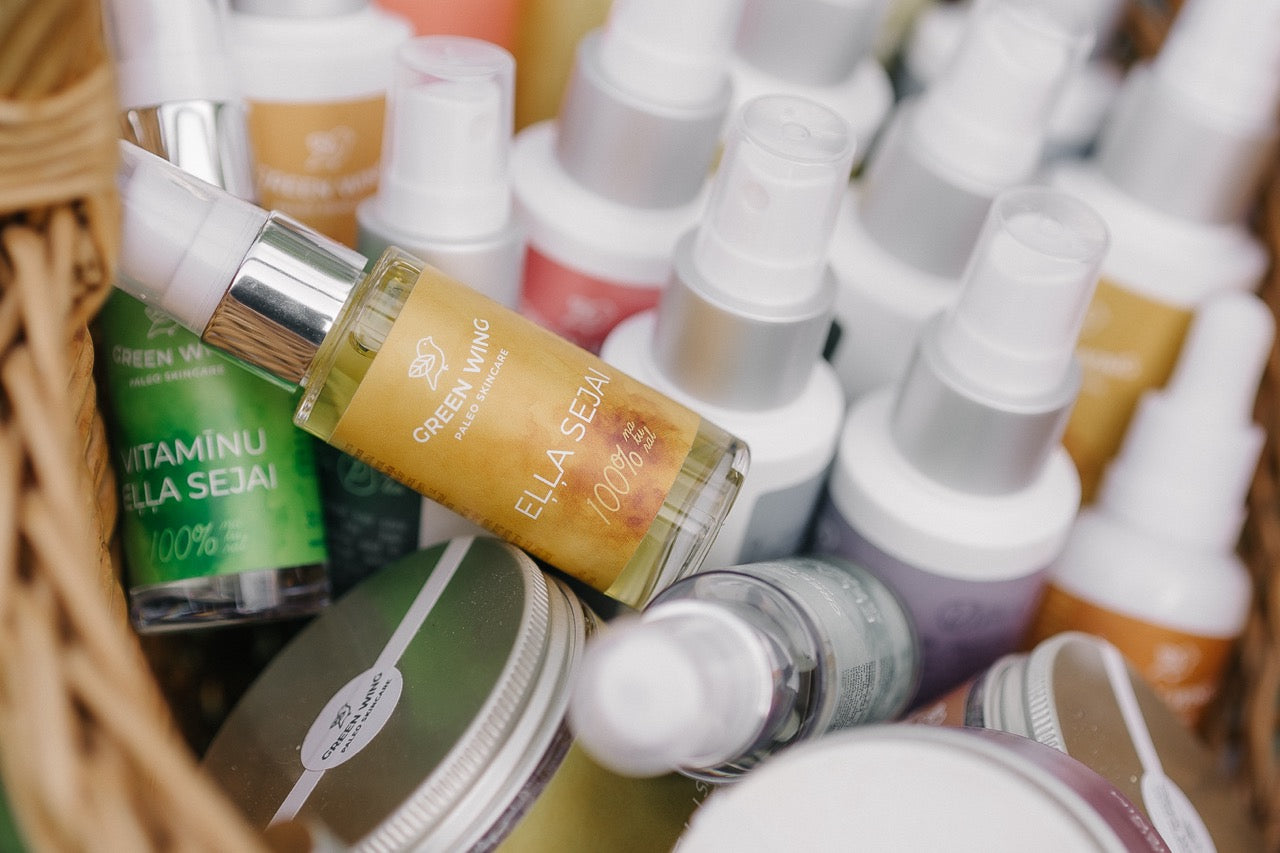In recent years, environmental protection has become an integral part of our daily lives. Consumers are increasingly willing to make more sustainable choices and companies are actively trying to prove that their products are environmentally friendly. However, herein lies a contradiction and a lack of information.
Does "Eco" always mean better?
Many manufacturers proudly declare that their products are a "better choice". Unfortunately, there is often a lack of information explaining why this choice is better, what exactly makes it better and how it contributes to sustainability. This trend can also be observed in the natural cosmetics industry. Companies often use green colours in their packaging or add words such as 'natural', 'organic' and 'biodegradable' just to attract attention. However, these claims do not always hide proven facts or environmental friendliness. Such greenwashing creates confusion for consumers and for producers themselves, who try to adapt to market demands.
Many experiments have been carried out to change packaging and ingredients in the name of the environment, but not always with the desired results. For example:
- "Bio" additives have been added to plastics, creating materials that cannot be recycled.
- Monomaterial products that, despite the good idea, are not recyclable in existing sorting systems.
- Packaging that is too lightweight and reduces its recycling value.
- Inappropriate use of granulate in food and cosmetic packaging.
The European Union (EU) has introduced new regulations to reduce greenwashing and improve the development of sustainable products. These tackle unsubstantiated environmental claims and require evidence for each green claim.
The two most important regulations are:
1. The Packaging and Packaging Waste Regulation (PPWR) - which sets strict rules on packaging materials, their recyclability and the use of recycled plastic parts.
2. Greenwashing ban - the regulation restricts the use of terms such as "environmentally friendly", "natural" and "environmentally neutral" in the absence of concrete, verifiable evidence.
What will change in natural cosmetics?
For natural cosmetic manufacturers, these regulations mean more responsibility and the need to back up their claims with facts. Products will have to meet strict standards to obtain EU-recognised certificates of sustainability, organicity or biodegradability.
Producers will also have to be careful in their marketing messages - green leaves and the words "natural" cannot be a design element. This approach will not only create credibility but also reduce consumer confusion, helping them to make informed and informed decisions.
Compliance with the regulations will not be voluntary - companies that break the rules will face serious sanctions. Fines can be as high as 4% of a company's annual turnover and companies can be excluded from public procurement for up to 12 months.
A new start for sustainable cosmetics
These regulations mark a new era in natural cosmetics - an era where information is verifiable, reliable and based on facts. While this requires adaptation and extra work from manufacturers, the benefits will be clarity and consumer confidence. After all, natural cosmetics are not just a trend - they are a conscious choice that helps preserve the health of our planet. But only with honesty, verified claims and responsible production can this goal really be achieved.
The new EU regulations not only promote responsible production, but also empower consumers to make better choices. The market for natural cosmetics will continue to grow, but it must do so with the highest standards of sustainability and transparency. This will allow us to enjoy products that are not only natural but also truly sustainable.







































